


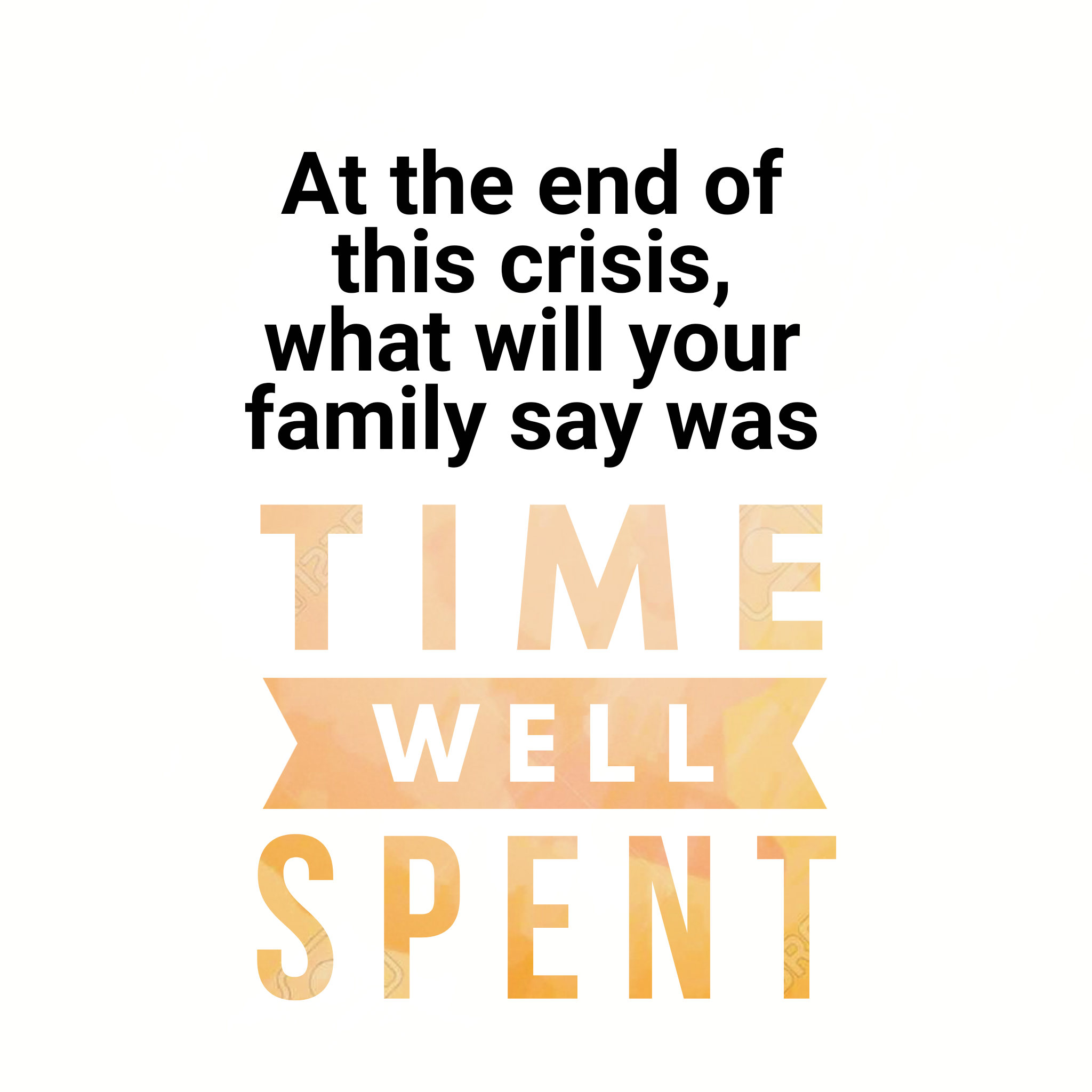



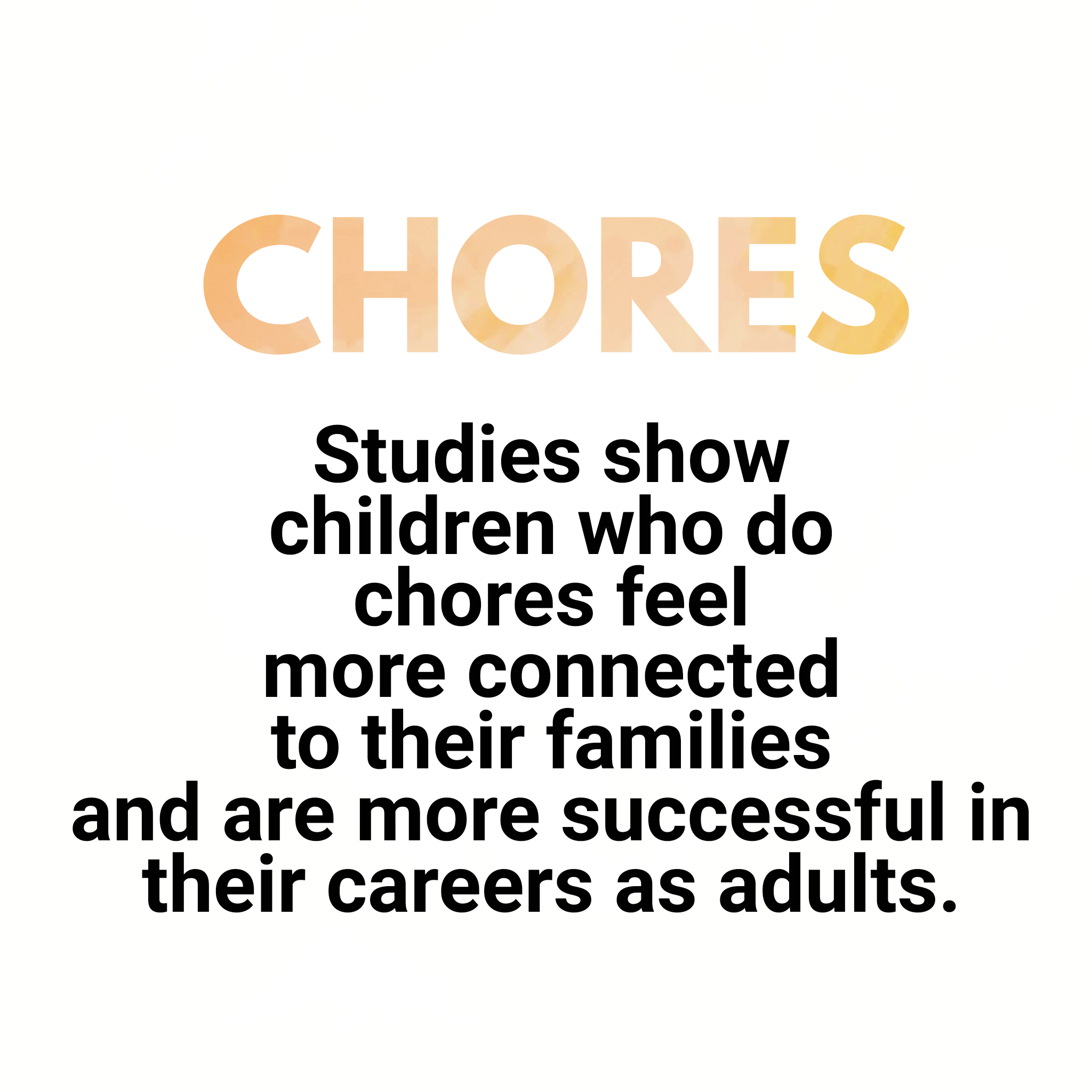

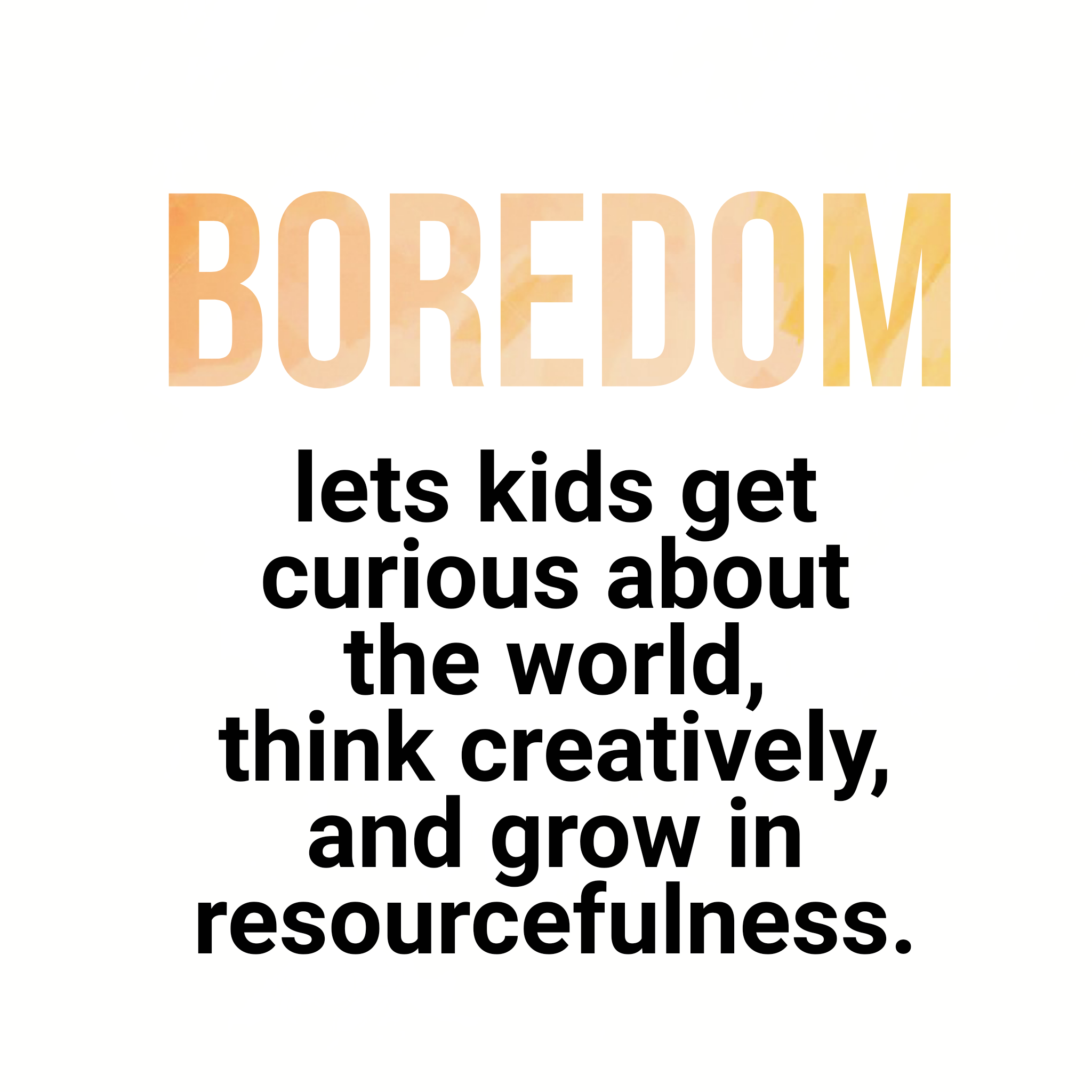





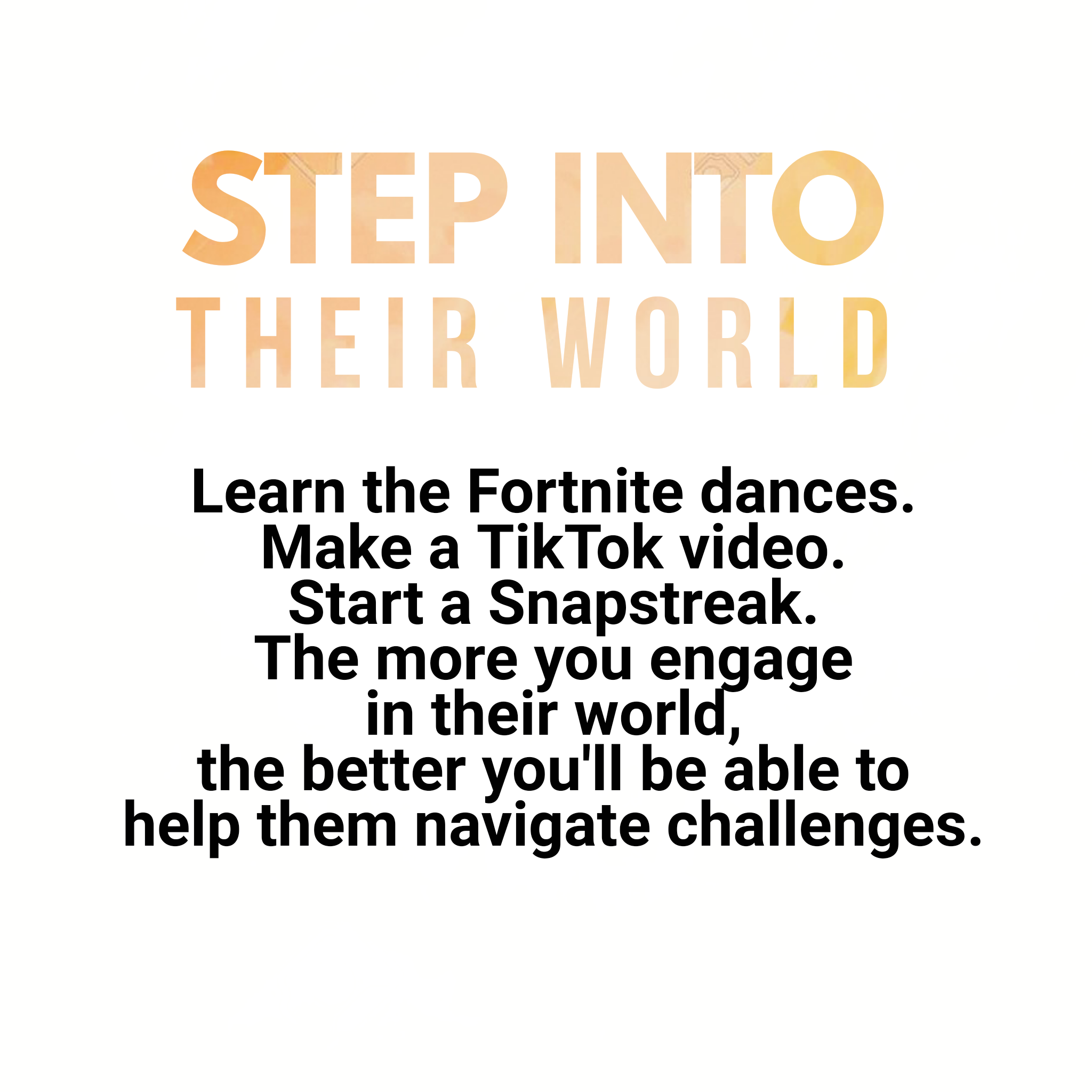

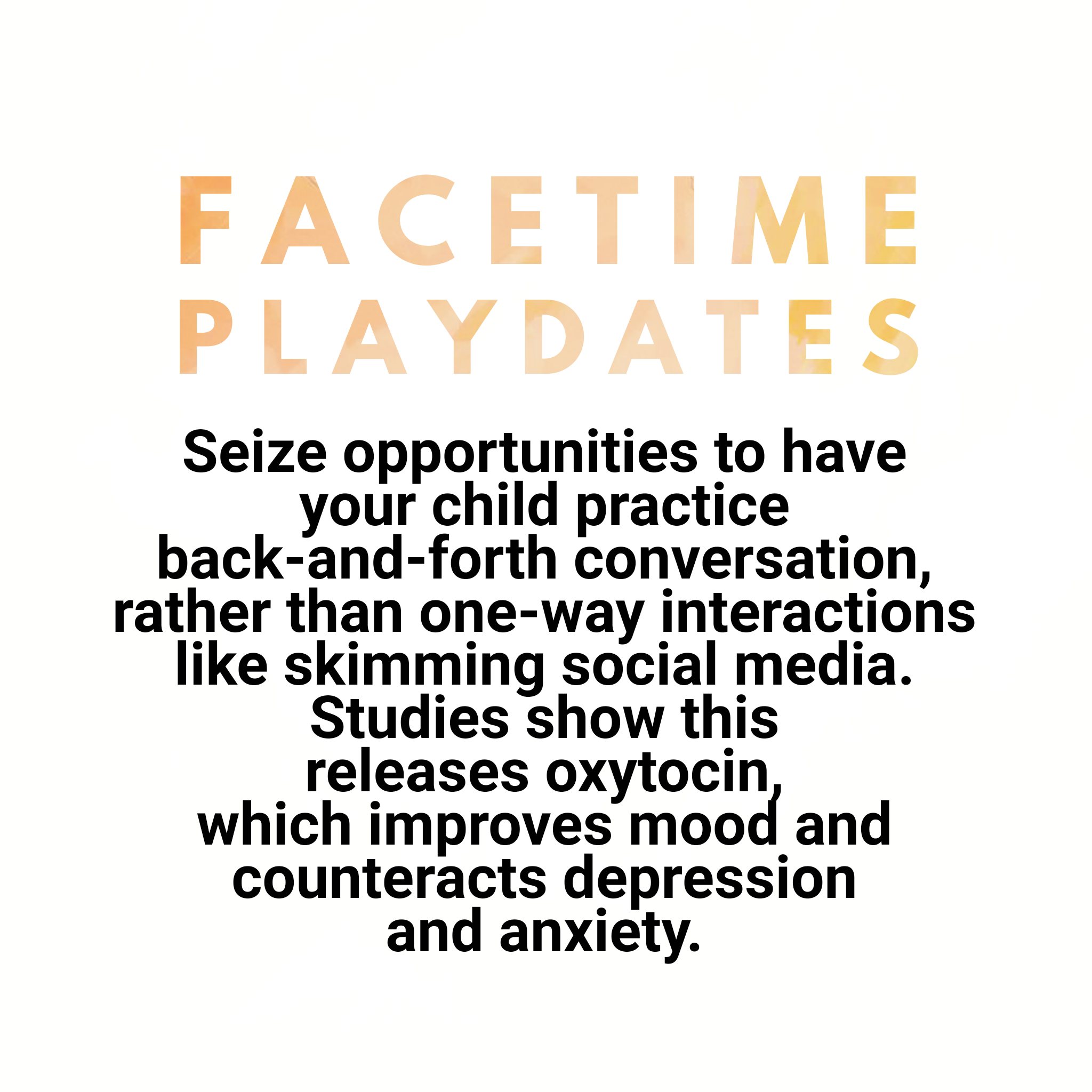

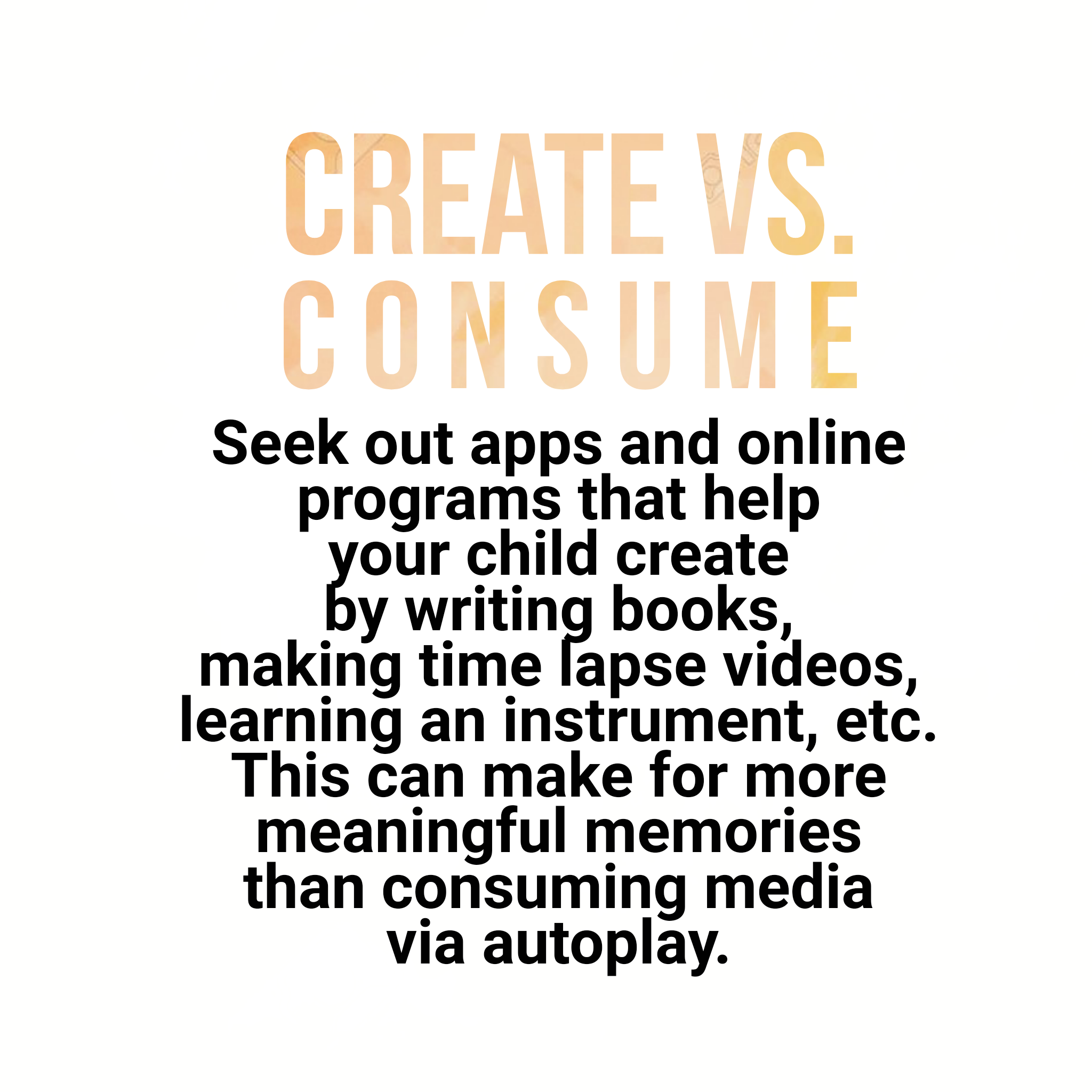











The days will be long and emotionally challenging, but if you can, we encourage you to look for some unexpected positives. In quarantines throughout history, Shakespeare wrote King Lear and Isaac Newton developed calculus and discovered gravity. We encourage you to make this season “time well spent” by guiding your kids towards meaningful activities—both online and offline. Here are our top suggestions:
● Increase your child’s engagement with chores. Did you know activities like chores are an integral part of your child’s development? Your kids may not whistle while they work, but studies show children who do chores feel more connected to their families and are more successful in their careers as adults.
● Build the muscles to let your kids be bored – and let their brains get curious about the world, and the role they want to play in it. A New York Times article explains, “Boredom teaches you to respond constructively, to make something happen for yourself.” This is a perfect time to build these muscles – and provide you with down time, too.
● If you’re able to go outdoors, consider having at least a 1:1 ratio of time outdoors to time on screens. There are many benefits to time outdoors, including the role sun exposure has in improving our mood – especially important these days.
● Does your kiddo have a favorite video game or app that you’ve never tried? Surprise them by playing it together. Learn the Fortnite dances. Make a TikTok video. Start a Snapstreak. The more you can learn about and engage in your child’s online world, the more fully you’ll be able to guide and mentor them through adolescence.
● Plan Facetime or Zoom play dates. Much of what we see online is someone talking to us. The more we can be interactive, the more we build relationships. Start short and, for younger kids, provide a topic (e.g., a joke session, Would you Rather questions, or completing a Mad Lib). Another benefit: 93% of communication interpretation is nonverbal (body language and tone). When communication is left to texting or social media, misunderstandings – or even intentional cruelty –can spread easily, and kids often won’t mention it in fears that you won’t understand. Be available to mentor them through these realities.
● Consider screen time that helps children create rather than consume. This includes apps (e.g., Book Creator or PuppetMaster) or online programs (e.g., doodling with Mo Willems – which has had hundreds of thousands of participants).